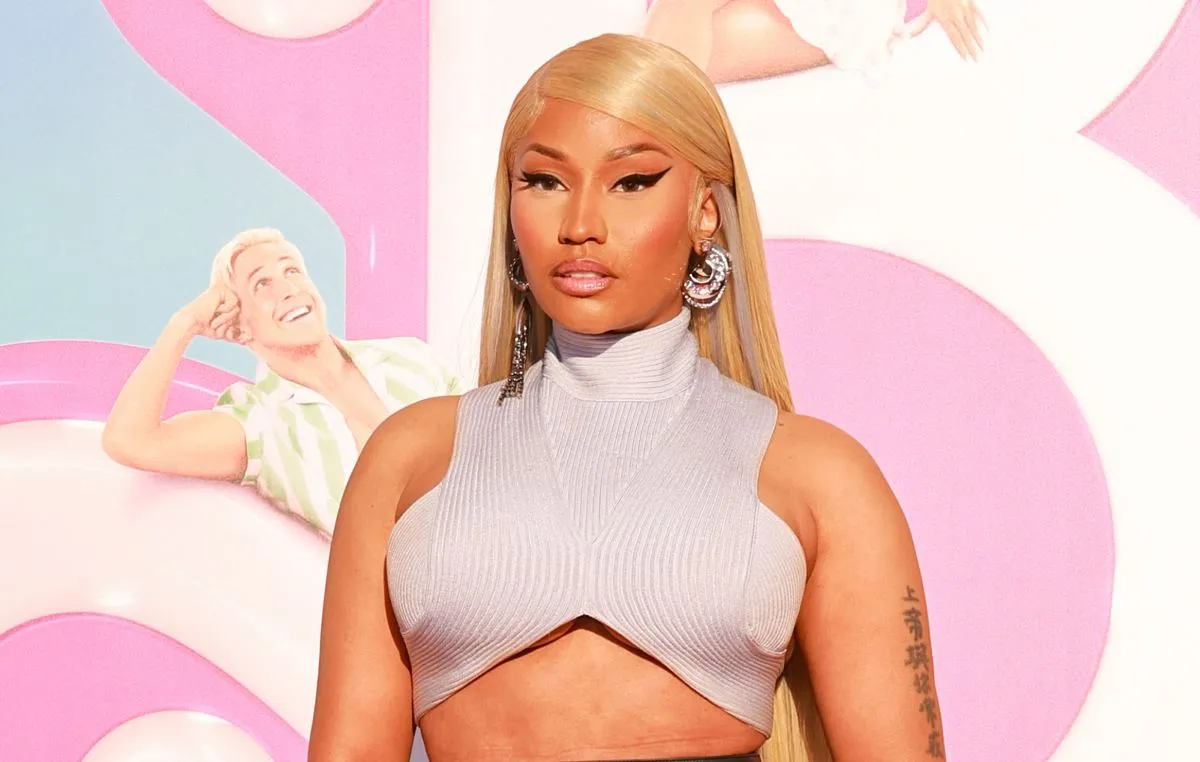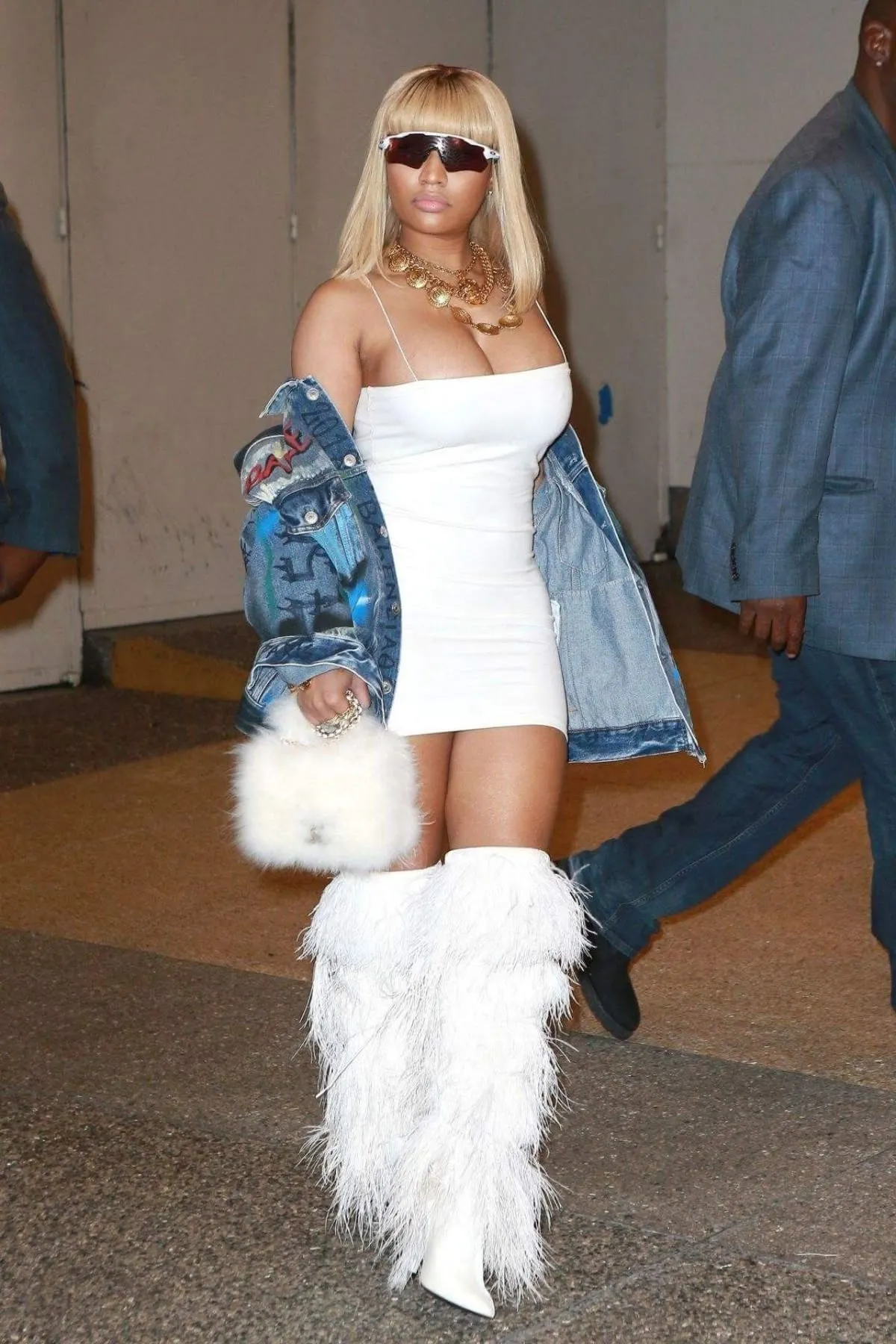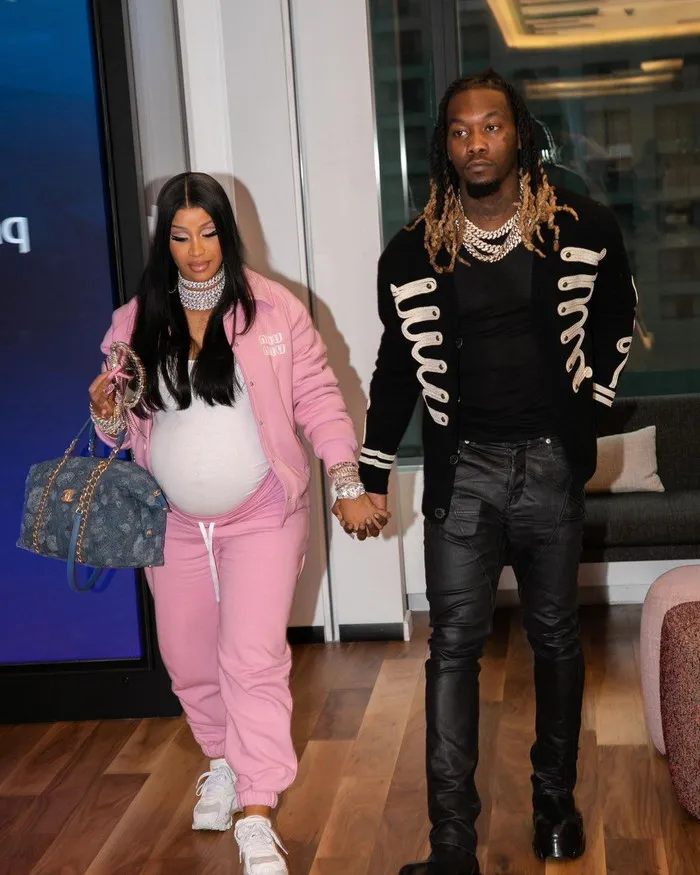

Shock at the VMAs: Doechii’s ‘Anxiety’ Stuns by Beating Eminem’s ‘Somebody Save Me’ for Best Hip-Hop Crown
The 2025 MTV Video Music Awards (VMAs) have always been known as a cultural battlefield where the biggest names in music fight for recognition, but this year’s biggest surprise came from a new face shaking the foundations of the hip-hop establishment. Rising star Doechii shocked fans and critics alike when her emotionally raw track “Anxiety” defeated rap legend Eminem’s comeback anthem “Somebody Save Me” to take home the coveted title of Best Hip-Hop Video. The result sent waves across social media, with fans divided between celebration for Doechii’s bold artistry and disbelief that one of hip-hop’s most iconic figures was dethroned.
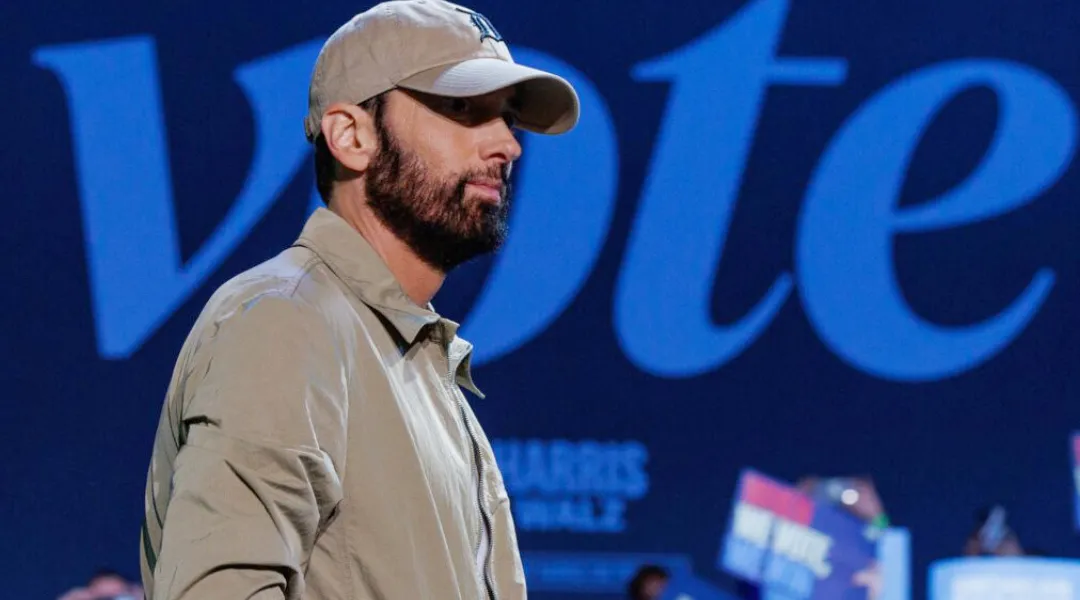
This moment not only marks a major turning point for Doechii’s career but also raises broader questions about the evolution of hip-hop, generational shifts, and what today’s audience values most in their music.
Doechii’s Rise: From Underdog to VMAs Champion
Until recently, Doechii was celebrated more in underground circles than on mainstream platforms. Known for her genre-bending style, fearless lyricism, and unapologetic authenticity, she built her reputation by addressing issues often overlooked in hip-hop. Her breakout single “Anxiety” pushed boundaries by confronting the struggles of mental health, self-identity, and societal expectations.
At the VMAs, where spectacle and commercial hits often dominate, few expected a track centered on vulnerability to triumph. Yet the emotional weight and cultural urgency of “Anxiety” resonated with a generation increasingly unafraid to speak openly about psychological struggles. By transforming personal pain into powerful art, Doechii captured the voice of millions of young listeners who crave authenticity in an era often criticized for manufactured hits.
Winning over a voting body that has historically leaned toward established artists, her victory highlights a shift in cultural values—one that elevates raw honesty above formulaic dominance.
Eminem’s “Somebody Save Me”: A Veteran’s Return
On the other side of the competition stood Eminem, a titan whose name has been synonymous with hip-hop for more than two decades. His VMAs entry, “Somebody Save Me,” was marketed as a comeback moment, blending his signature rapid-fire delivery with introspective storytelling. The track was seen as a return to form, showcasing the intensity and lyrical complexity that made Eminem one of the greatest MCs of all time.
Many fans assumed he was the clear favorite. After all, Eminem has historically dominated award shows, with multiple VMAs, Grammys, and even an Academy Award to his name. The anticipation surrounding “Somebody Save Me” had been enormous, particularly given the media narrative of Eminem reasserting himself in an industry increasingly populated by younger voices.
Yet despite critical acclaim and massive streaming numbers, Eminem’s defeat by a relatively newer artist reveals a deeper story about where hip-hop culture is heading. His raw intensity, while timeless, may not align as seamlessly with the emotional transparency that younger generations demand from their icons.
The Moment of Shock
When the envelope was opened and Doechii was declared the winner, audible gasps echoed through the audience at the Prudential Center in Newark. Cameras quickly captured Eminem’s stoic reaction, while Doechii’s tears of disbelief and joy immediately trended online. The contrast in responses—an established legend holding his composure and a newcomer overwhelmed with emotion—symbolized the changing of the guard in real time.
Social media platforms exploded within seconds. Twitter’s trending topics included #Doechii, #Eminem, and #VMAsShock, with fans debating whether the result represented progress or disrespect toward one of the genre’s pioneers. Some hailed it as a long-overdue acknowledgment of women pushing hip-hop into new creative spaces. Others saw it as the music industry favoring hype over legacy.
Regardless of opinion, no one could deny the power of the moment: hip-hop’s narrative was rewritten live on stage.
Generational Divide in Hip-Hop
The outcome of this year’s VMAs reflects more than just one surprising award. It symbolizes the generational divide currently defining hip-hop. Eminem represents the old guard—artists who built their careers on technical mastery, raw aggression, and the art of lyrical battles. In contrast, Doechii embodies the new wave, one that blends vulnerability, fluid genres, and themes extending beyond traditional bravado.
This shift mirrors broader societal changes. Younger audiences, particularly Gen Z, are prioritizing conversations around mental health, inclusivity, and authenticity. Music that openly engages with anxiety, depression, and identity resonates deeply because it reflects lived experience. Eminem’s work, while still powerful, often channels rage and resilience through a lens born of the early 2000s. Doechii’s win suggests that today’s listeners want to feel seen rather than simply entertained.
The Best Hip-Hop award thus became a referendum not only on artistry but also on what hip-hop should mean in the 2020s and beyond.
Cultural Impact of “Anxiety”
The success of “Anxiety” cannot be measured solely by its award victory. The track has become a cultural phenomenon, sparking discussions about the importance of mental health awareness within the music industry and society at large. Its haunting production, combined with Doechii’s vulnerable storytelling, makes it a track that demands both emotional and intellectual engagement.
Fans have shared stories online about how the song helped them cope with their own struggles. Mental health organizations praised Doechii for bringing visibility to an issue often stigmatized, especially within communities of color. By daring to make mental health struggles the centerpiece of a hit record, Doechii has carved out a legacy that extends far beyond the VMAs stage.
This is not simply a win for one artist but for the idea that hip-hop can evolve into a space of healing and reflection without losing its power.
Eminem’s Legacy Untouched
While the narrative often frames Doechii’s win as a loss for Eminem, it’s important to recognize that his legacy remains untouched. Eminem has already cemented his status as one of the greatest rappers in history, with countless accolades and cultural milestones. For him, the VMAs were never about validation but about proving he still belongs in a rapidly changing landscape.
Though “Somebody Save Me” did not claim the trophy, it reaffirmed his artistic relevance and introduced his music to younger fans who may not have grown up during his early dominance. The fact that his work was still considered a frontrunner against much younger competition demonstrates the enduring power of his craft.
In many ways, his presence in the same category underscores how hip-hop is a multi-generational dialogue, where legends and newcomers shape the culture together.
Media Frenzy and Fan Reactions
The aftermath of Doechii’s victory was a media frenzy. Outlets from Rolling Stone to Complex debated whether the decision was a bold move by the VMAs to spotlight new talent or a controversial snub of one of rap’s most respected figures. Headlines screamed of “upset,” “shock,” and “changing tides.”
Fans, meanwhile, expressed polarized emotions. Doechii’s supporters celebrated the recognition of a fresh voice who speaks to modern struggles, while Eminem’s loyal base argued that the award disregarded decades of mastery. Memes circulated, showing Eminem handing over a symbolic crown, while others highlighted Doechii standing tall with the weight of a new era on her shoulders.
The debate, though heated, only reinforced the cultural importance of the moment. Hip-hop thrives on tension, and this clash between tradition and innovation reignited conversations about where the genre is headed.
What This Means for Hip-Hop’s Future
Looking forward, the shock victory of Doechii over Eminem may be remembered as a watershed moment for hip-hop. It reflects an industry increasingly willing to embrace diverse narratives and to reward artists who take creative risks. More importantly, it shows that hip-hop can evolve beyond its traditional boundaries without abandoning its roots.
Doechii’s triumph will likely inspire more artists to bring their vulnerabilities into their music, challenging the long-standing association of hip-hop with toughness and dominance. Meanwhile, Eminem’s presence ensures that technical brilliance and lyrical mastery will never fade from the culture. Together, they represent the duality of hip-hop: strength and sensitivity, legacy and innovation, past and future.
In the end, the 2025 VMAs did more than crown a winner—they sparked a dialogue about what hip-hop is becoming, and who gets to define it.
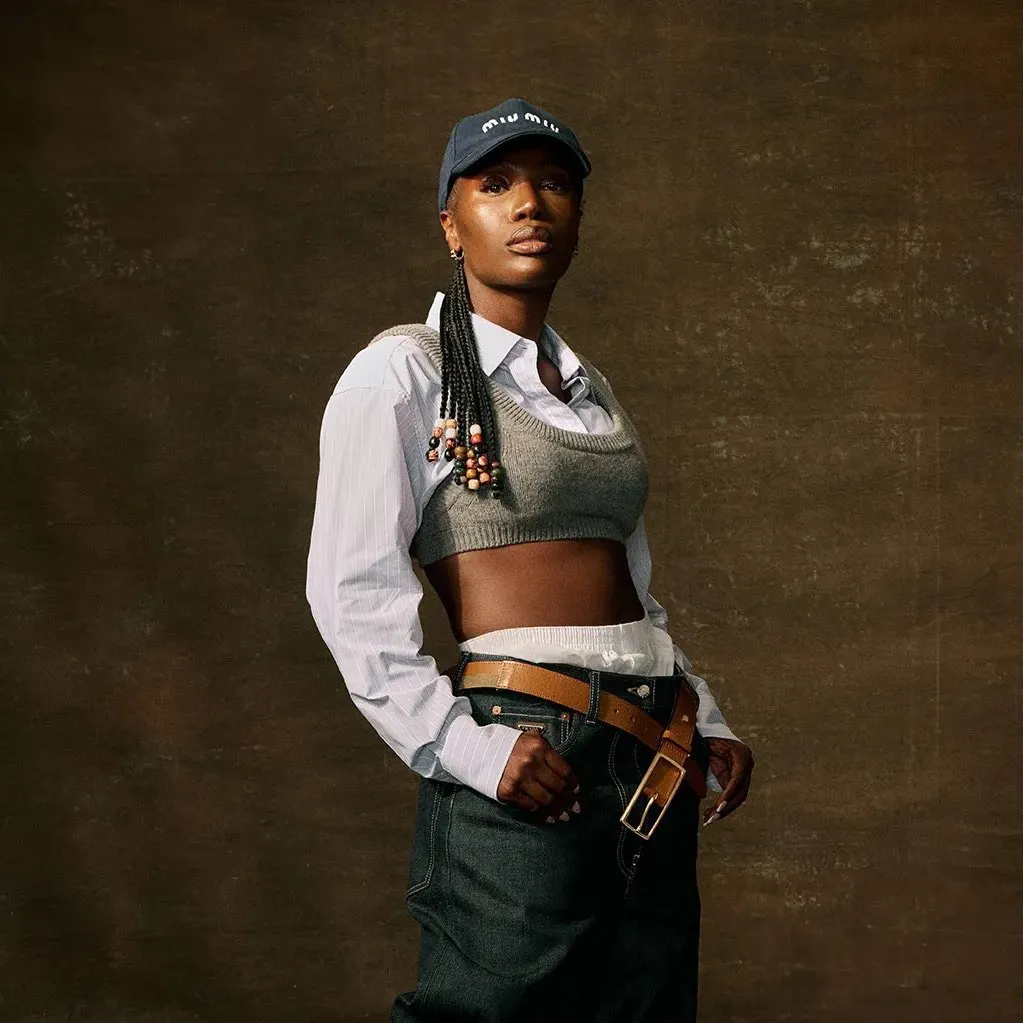
Conclusion: A Crown Reimagined
The headline “Shock at the VMAs: Doechii’s ‘Anxiety’ Stuns by Beating Eminem’s ‘Somebody Save Me’ for Best Hip-Hop Crown” perfectly captures the energy of the night. Doechii’s win was not merely an upset—it was a statement. It told the world that hip-hop is alive, evolving, and willing to embrace the voices that speak to the deepest human truths.
For Eminem, the night was not a defeat but a reminder of the profound impact he has had on shaping the very stage that now elevates new stars. For Doechii, it was the beginning of a legacy that could define the next era of hip-hop.
The VMAs are often remembered for their spectacle, but this year they will be remembered for a passing of the torch. In that moment, under the bright lights, hip-hop crowned not just a winner, but a new way forward.








